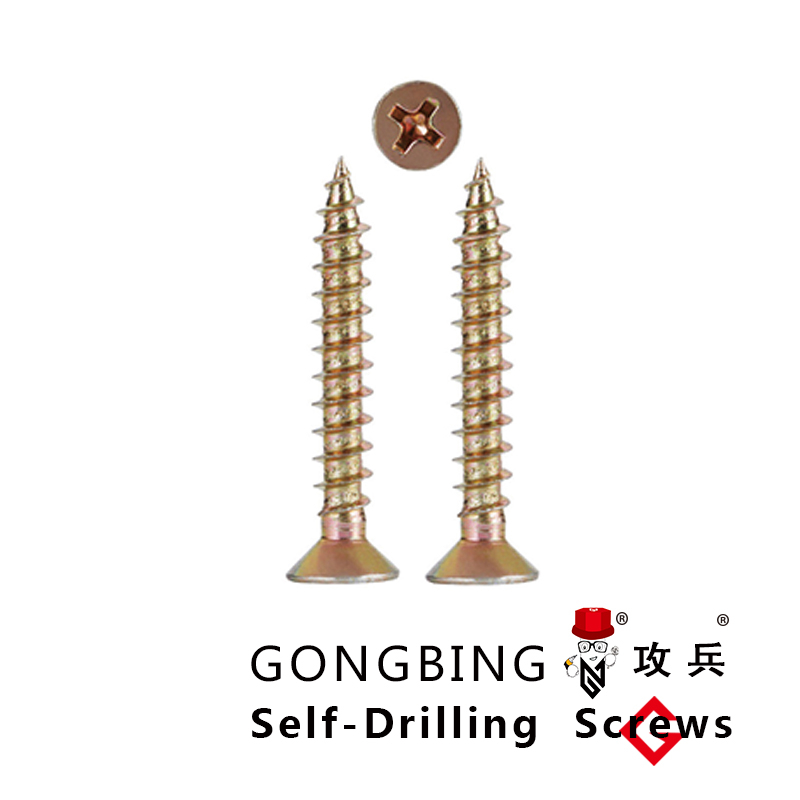expansion fasteners
The Importance and Applications of Expansion Fasteners
Expansion fasteners are critical components in the construction and manufacturing industries, providing secure and reliable attachment solutions for a variety of applications. They function by expanding within a pre-drilled hole in a substrate material, typically concrete, brick, or masonry, ensuring a strong bond that can withstand various environmental conditions and stress factors. This article delves into the significance, types, applications, and advantages of expansion fasteners.
Understanding Expansion Fasteners
Expansion fasteners work by utilizing a design that allows the fastener to expand as it is driven into a material. This expansion creates a mechanical grip that secures the fastener in place. The principle behind these fasteners is relatively simple as a bolt, screw, or anchor is installed, the action causes the outward movement of the fastener's body, which presses against the walls of the hole, creating high friction and holding power. Common materials for expansion fasteners include steel, zinc, and various composites, which are selected based on the specific application requirements, such as load-bearing capacity and environmental resistance.
Types of Expansion Fasteners
There are several types of expansion fasteners, each designed for specific applications
1. Expansion Anchors Often used in concrete and masonry, expansion anchors consist of a nut and bolt mechanism that expands the anchor’s body as the bolt is tightened. They are ideal for securing heavy loads.
2. Wedge Anchors These are a type of expansion anchor that features a cone-shaped end, allowing them to wedge securely against the sides of a pre-drilled hole. Wedge anchors are perfect for applications requiring a permanent hold in concrete.
3. Sleeve Anchors Sleeve anchors expand against the side of the hole through a sleeve that tightens when the bolt is driven into it. They can be used in a variety of base materials, including brick and block.
4. Toggle Bolts These fasteners use a spring-loaded toggle mechanism that opens inside a hollow wall or material, providing an effective hold for lightweight loads.
5. Masonry Screws These specialized screws, often known as tapcon screws, are designed for direct installation into masonry without needing a separate anchor. They are equipped with threads that cut into the base material.
Applications of Expansion Fasteners
Expansion fasteners find their applications in various fields due to their versatility and reliability. Here are some common uses
expansion fasteners

- Construction Expansion fasteners are extensively used for attaching structural elements such as beams, walls, and ceilings. They provide the necessary security for load-bearing installations.
- HVAC Systems In heating, ventilation, and air conditioning applications, expansion anchors secure ductwork, units, and related components
.- Heavy Machinery Installation Industrial equipment often requires secure fastening to ensure stability and safety during operations, making expansion fasteners invaluable in this context.
- Home Improvement Projects Homeowners frequently utilize expansion fasteners for installing shelves, cabinets, and other fixtures, especially in renovated areas such as basements and garages.
Advantages of Expansion Fasteners
The benefits of using expansion fasteners are numerous
- Strength and Reliability The mechanical grip provided by expansion fasteners leads to a strong bond, suitable for high-load applications.
- Versatility Their ability to work with various materials, including concrete and masonry, makes them a go-to fastening solution across multiple disciplines.
- Ease of Installation Expansion fasteners are relatively easy to install, requiring only standard tools and reducing installation time.
- Durability Many expansion fasteners are designed to withstand environmental factors, such as moisture and temperature fluctuations, ensuring longevity and performance.
Conclusion
In summary, expansion fasteners are essential components across various industries, providing unparalleled strength and reliability for fastening needs. Their diverse types cater to different applications, making them versatile tools in construction and beyond. As technology advances, innovation in expansion fasteners will likely continue to improve their effectiveness and broaden their application scope, securing their place as a fundamental aspect of engineering and construction. Understanding and utilizing these fasteners effectively can lead to enhanced performance and safety in any project, solidifying their importance in modern applications.
-
Weatherproof Plastic Expansion Anchors for OutdoorNaidheachdanJun.06,2025
-
Sustainability in the Supply Chain: Eco-Friendly TEK Screws ProductionNaidheachdanJun.06,2025
-
Load-Bearing Capacity of External Insulation FixingsNaidheachdanJun.06,2025
-
Double Head Bolts: Enhancing Efficiency in Industrial MachineryNaidheachdanJun.06,2025
-
Corrosion Resistance in Chipboard Screws: Coatings for Wholesale DurabilityNaidheachdanJun.06,2025
-
Butterfly Toggle Bolts : Enhancing Structural ResilienceNaidheachdanJun.06,2025
